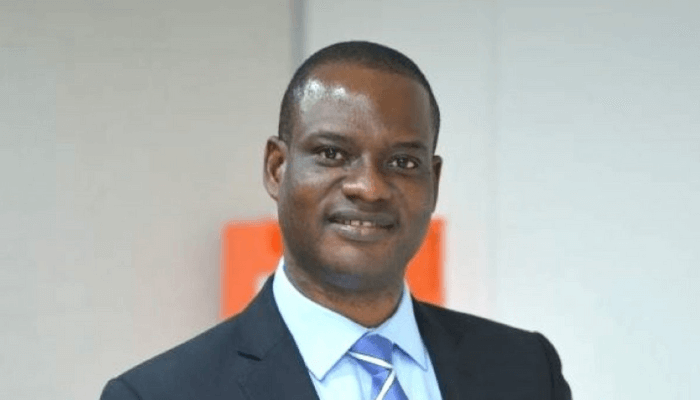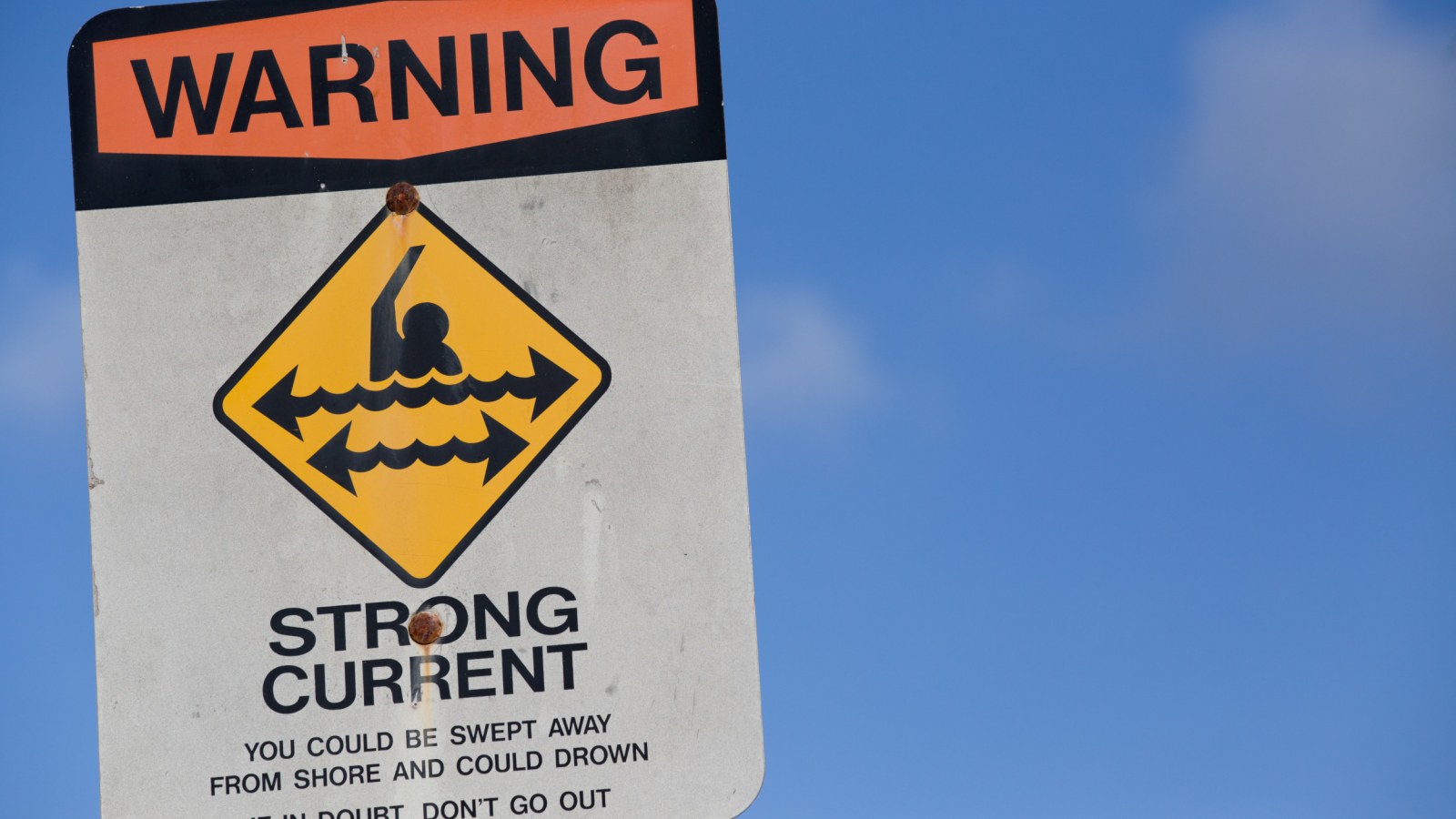By Oluwatosin Ogunjuyigbe
Copyright businessday

Nigeria’s proposed 5 per cent fuel tax should only be introduced when economic conditions improve, such as a stronger naira or lower global oil prices, the head of the government’s tax reform committee has said.
Taiwo Oyedele, chairman of the Presidential Fiscal Policy and Tax Reforms Committee, said the levy must not be implemented in a way that increases the financial burden on ordinary Nigerians.
Speaking on Arise TV on Monday, Oyedele outlined specific conditions that would make the tax viable without hurting consumers at petrol stations.
“For me, and this is speaking for myself, the appropriate time to consider a tax like that would be, number one, when you have an appreciation in the currency,” he said.
“If the naira appreciates by just 5 per cent, you will collect this tax and there will be no change in the pump price of petroleum products. It could also be when you have a decline in the international price of crude oil. And it could be a combination of both.”
‘Tax revenue must improve people’s lives’
Oyedele stressed that any money raised from the fuel tax must directly benefit citizens through better infrastructure and services.
“On the positive side, the revenue you get from this tax would have real, practical, physical impact on the people,” he said. “If you can travel for less time, it is safer. You save even more money, not only on fuel, time, but also productivity.”
The tax reform chief dismissed speculation that the government is planning to introduce a new fuel surcharge immediately. He explained that current reforms focus on scrapping outdated laws and combining Nigeria’s many different tax rules into one simplified system.
Nigeria currently has more than 15 to 20 different tax laws, which the committee is working to consolidate. Oyedele said this process involves deciding which taxes should continue, which should be abolished, and which need to be modified.
“While we had over 15, 20 different laws, we have consolidated. It doesn’t mean that all those old laws were useless and we need to just write everything afresh,” he said. “In the process of trying to harmonise, you will make that call as to whether a particular tax makes sense for us to sustain it, or whether it should be repealed, or whether it should be modified.”
He added that tax laws should be designed to serve both present and future generations.
‘Fuel tax idea came from lawmakers, not committee’
Oyedele clarified that the 5 per cent fuel levy provision did not come from his committee’s original proposals but was added during parliamentary discussions of the tax reform bills.
He explained that the committee had to decide which government agency should collect the tax if it becomes necessary. Rather than allowing the Federal Roads Maintenance Agency (FERMA) to handle it, the committee recommended that the Nigerian Revenue Service should be responsible.
“This was in the course of legislating on the bills that this came up. Instead of FERMA to collect the tax and try to administer it, we thought it is not appropriate for an agency of government to be collecting taxes,” he said.
“The first thing we did was, should this tax become necessary, let it be collected by the Nigerian Revenue Service.”
Oyedele added that any money collected from the fuel levy should be set aside specifically for road infrastructure projects.



